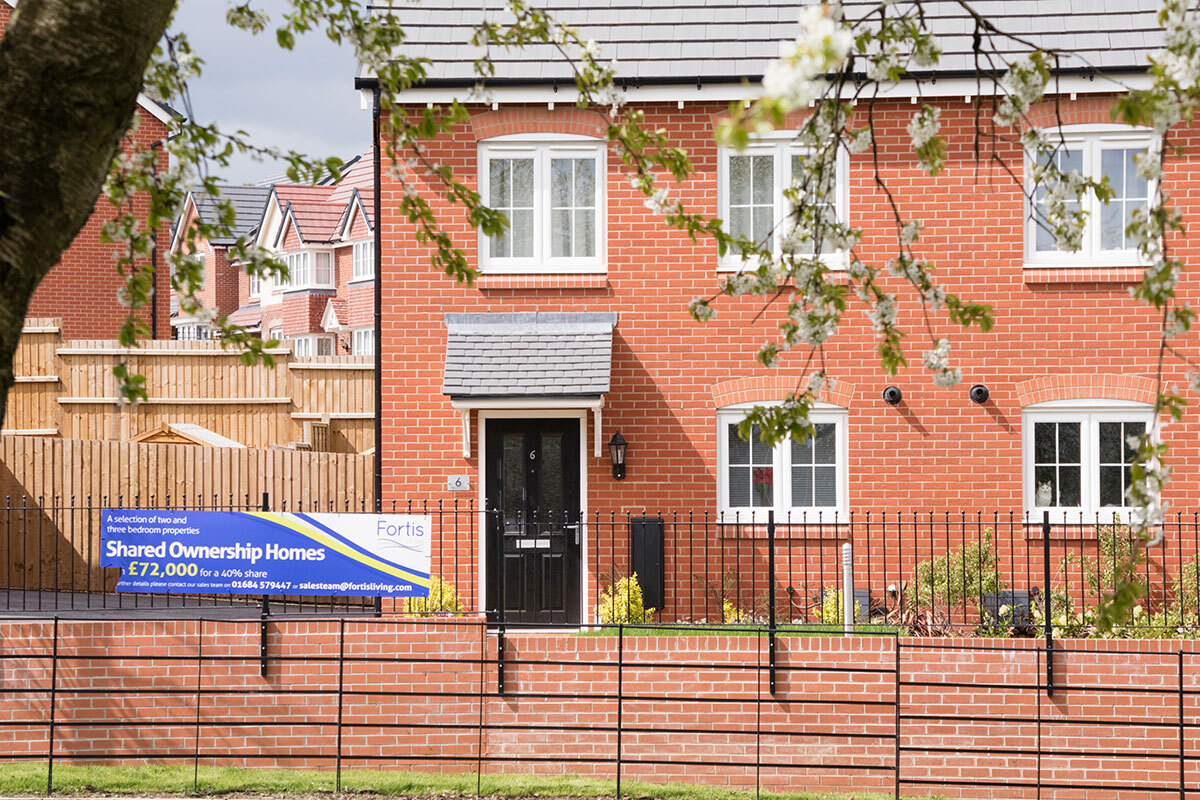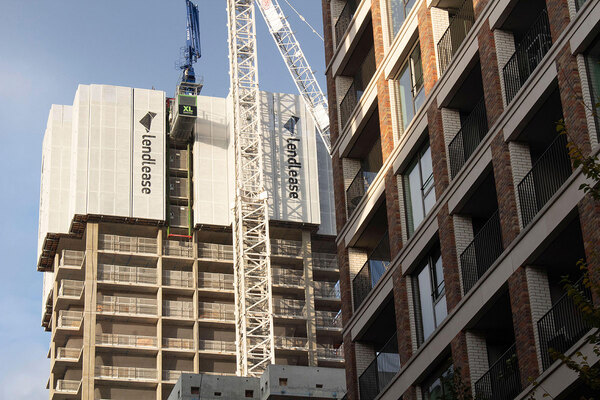You are viewing 1 of your 1 free articles
Annual rent rises for new shared owners brought in line with social housing
The government has introduced reforms aimed at protecting new shared ownership residents from higher annual rent hikes.
The Department for Levelling Up, Housing and Communities (DLUHC) has announced it is changing the current rule, which allows shared ownership landlords to increase rents once a year in line with the Retail Prices Index (RPI) plus 0.5%.
The RPI figure from the previous September is used, which was 12.6% in 2022, meaning shared owners faced a rise of 13.1% in April if the landlord did not voluntarily cap it at a lower rate.
In an attempt to tackle this, the DLUHC said it would move from the “outdated” RPI to a new system based on the Consumer Prices Index (CPI) plus 1%.
This brings shared ownership rents into line with the limit that applies to annual rent increases in other forms of social housing.
However, the new rules will only apply to new leases and, as a “transitional measure”, some properties will be exempt, including new homes already contracted to be delivered through the government’s Affordable Homes Programme.
According to ministers, this is to ensure that providers can continue to deliver these new homes, where “the terms of their delivery have already been officially finalised with Homes England and the Greater London Authority”.
As for shared ownership homes delivered through Section 106 agreements, the government said it expected any new planning permissions granted on or after 12 October to adhere to the new rent review schedule.
However, a council can exempt a scheme approved after this date if it feels that substantial work has already been undertaken to reach agreement on planning obligations, and if it is “pragmatic and necessary” to secure the affordable homes.
At the same time, the floor for shared ownership rent increases has been reduced from 0.5% to 0%. This means that rents cannot be increased if CPI is minus 1% or lower.
Housing minister Rachel Maclean said: “We recognise the financial pressures people are facing and we must do all we can to protect shared owners from higher costs.
“That is why we are bringing forward these changes, so shared ownership rents increase at a slower rate, linking this to a more modern measure of inflation in the Consumer Prices Index.
“Our Renters (Reform) Bill will also improve security of tenure for shared owners, offering them greater control over their property by granting them the same protection from repossession as any other leaseholder.”
Under the reforms, Homes England is also amending the rent review schedule of its model shared ownership lease to make it clear that registered providers of social housing have discretion to increase rents by less than CPI plus 1%.
The DLUHC said: “This ensures that providers have greater flexibility to protect new shared owners from particularly high rent increases during periods of high inflation.”
Amid the UK’s soaring inflation, most traditional housing associations agreed to cap the rises at 7%, in line with the government limit on social rent rises, the National Housing Federation announced last year. Not all providers signed up to the pledge.
The affordability of shared ownership has come under scrutiny, with new research in May warning that the product risks becoming “financially unsustainable” for lower-income buyers over time, due to its “upward-only” costs and a system that requires them to buy as much as they can afford at the outset.
Sign up for our daily newsletter
Already have an account? Click here to manage your newsletters












